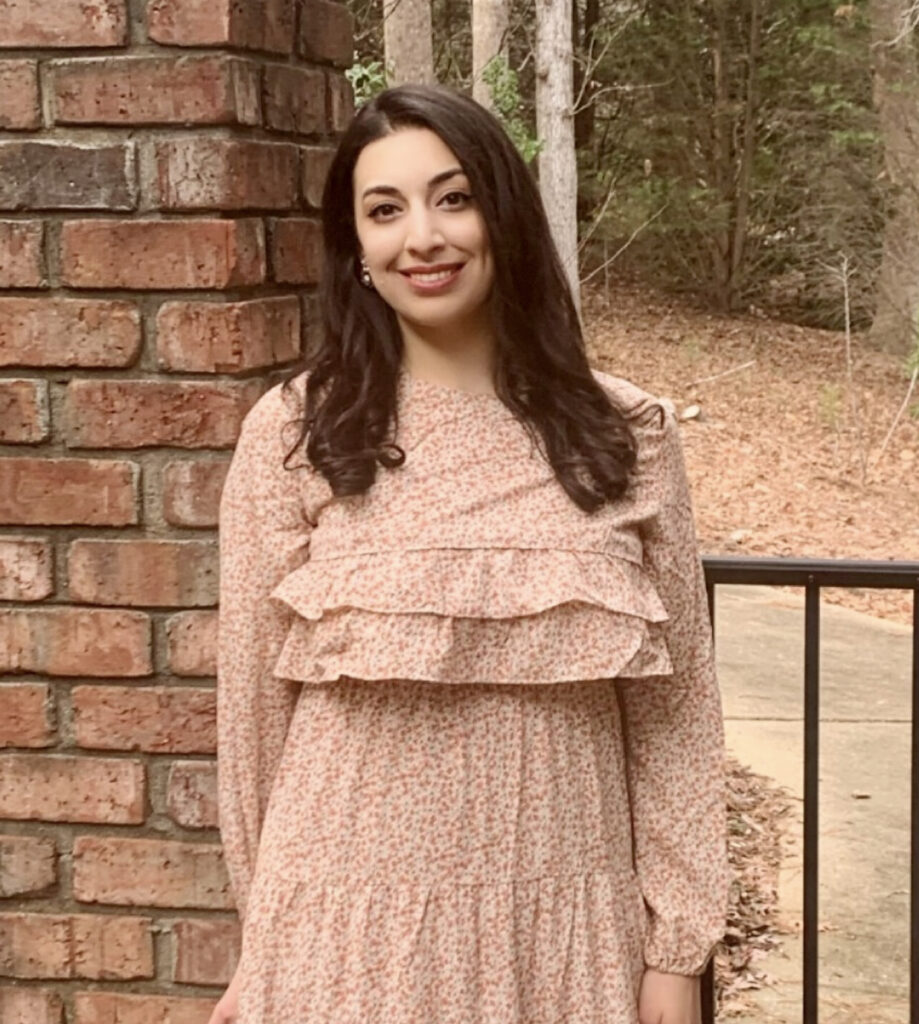By Serene Ahmad. UNC Vital Signs. May 12, 2022.

As an enthusiast of all things trendy and a future physician, I refuse to participate in cancel culture.
The coronavirus pandemic now feels forgotten as the political climate of our world takes a rapid turn. Behind headlines of rising international tensions, we are beginning to treat the coronavirus like a new normal. Just a few weeks ago, headlines introduced a newly discovered variant, an additional vaccine, and adjustments to mask-wearing guidelines. The historic events of these past few years have altered life as we knew it. Amidst all the change, some people are more hesitant than ever before to share their opinion about the virus, politics, or other current events. If any of these feelings resonate with you, you are not alone.
From the start of the pandemic, we have seen division from the individual to the national level. We have disagreed over the reality of the virus, the efficacy of the vaccine, and countless details regarding what should be done to prevent the spread of infection. For some reason, we have pitted ourselves against one another into an “us” versus “them” label based on our viewpoints. Maybe these lines of division have been running rampant for years, and the pandemic simply brought it all to light.
During my medical training, I have worked with patients who sought advice about taking the coronavirus vaccine. Worried immunocompromised patients would question whether taking the vaccine would lead to disease flare-ups or cause severe side effects compared to their immunocompetent counterparts. Shouldn’t we welcome everyone to share their concerns, no matter how unpopular they may sound?
I also work closely with patients who have autoimmune blistering disease, and they described to me their experience when blisters initially appeared and disfigured their skin in locations that couldn’t be hidden from the public eye. This diagnosis occurs due to an underlying autoimmune process, and like many other diseases, it is so much more than what we see. Could this be the case when we label people at face value?
We see this division in mainstream culture and politics, especially in an era of social media and misinformation. During a recent NIH-hosted lecture, Dr. Ashish K. Jha, a leading expert in health policy and pandemic preparedness, highlighted how the pandemic has created a great deal of misinformation. He described how everyone is living in their own information echo chamber, as social media algorithms tend to show us the information that we like to see. This vicious cycle reinforces our beliefs and divisions. We quickly label one another, “cancel” those with differing viewpoints, and strictly associate with those who are “like us.”
This mindset is not sustainable moving forward. By restricting ourselves to circles that only reflect our world views, we remain limited in what we can collectively change. There will be no open space where we can make mistakes, reap the lessons, and ultimately grow. The refusal to embrace our differences inevitably hinders us from achieving the unimaginable.
What can we do differently? Stay informed about the pandemic and other current events that may arise in these unprecedented times. Ask all the questions you have, regardless of how simple or controversial they may seem. Take the time to learn from your favorite sources, but also get out of your comfort zone. Listen to podcasts, watch news outlets, and read from sources that usually bother you. Speak to people who disagree with you with the intention to learn. Seek both sides of a story before forming an opinion. These trying times have already taken away a great deal of the normalcy we once had – the least we can do is try to better understand the bigger picture. You never know what just might happen if we step out of our echo chambers and see each other beyond what meets the eye.
Serene Ahmad
UNC School of Medicine, Class of 2023
2021-22 NC Schweitzer Fellow
